In recent years, the southeastern region of Nigeria has been engulfed in escalating violence linked to separatist movements, particularly the Indigenous People of Biafra (IPOB). Since 2021, over 700 individuals have lost their lives due to these conflicts, with the majority of fatalities resulting from the enforcement of sit-at-home orders and clashes between separatist groups and security forces.
The sit-at-home orders, initiated by IPOB to demand the release of their leader, Nnamdi Kanu, have been marked by violence against civilians who defy the directives. Reports indicate that IPOB’s enforcement tactics, including arson, looting, and targeted assassinations, have created a climate of fear in the region.
In May 2025, a particularly brutal attack occurred along the Okigwe-Owerri highway in Imo State, where gunmen killed at least 30 people and set more than 20 vehicles ablaze. Amnesty International condemned the attack, urging Nigerian authorities to investigate the killings promptly.
The violence has also led to significant economic disruption, with estimated losses exceeding 7.6 trillion naira (approximately $4.79 billion). While initial compliance with the sit-at-home orders was high, public support has significantly waned, with many now participating out of fear.
The Nigerian government has been actively pursuing those responsible for the violence. In a joint operation, law enforcement agencies killed one suspect connected to the May 2025 attack and are continuing efforts to apprehend others.
The situation in southeastern Nigeria remains volatile, with ongoing clashes between separatist groups and security forces contributing to the region’s instability. The international community continues to monitor the situation closely, calling for peaceful resolutions and respect for human rights.

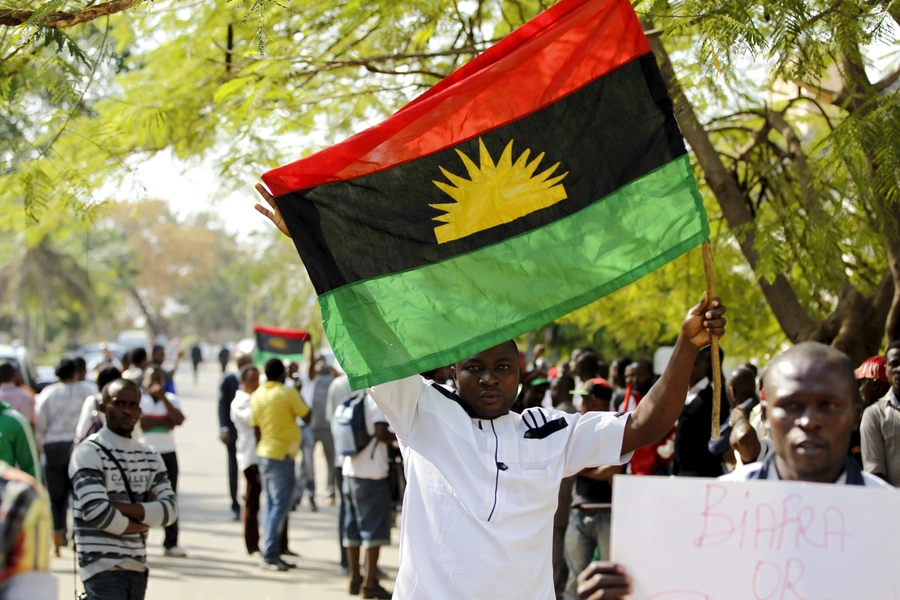

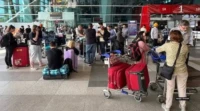
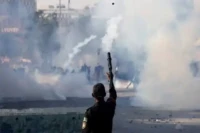
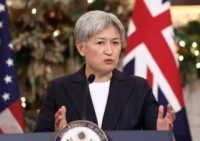
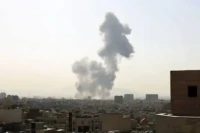
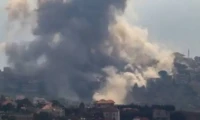


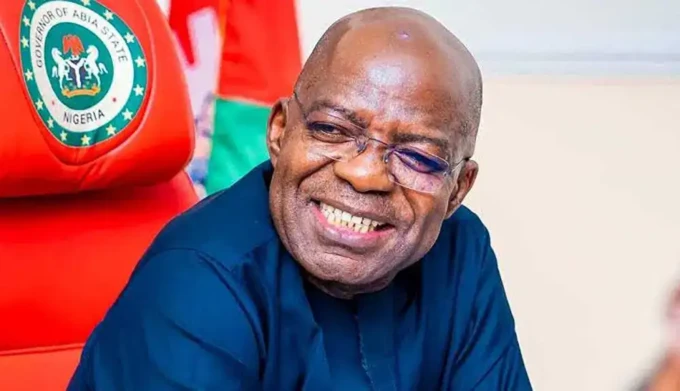

Do you think the governments response was justified or excessive? Lets discuss the intricacies of the situation.
I dont understand why some people support violent separatist movements. Dont they see the harm they cause? Lets discuss.
Wow, do you think the governments response is justified, or are they escalating the situation? Im torn.
Do you think the governments response was justified or excessive? Lets discuss! #NigeriaProtests #OpinionatedMind
This situation is heartbreaking. I wonder if there are more peaceful ways to address these grievances. Violence only breeds more violence.
Can we really justify violence in the name of separatist protests? Is there a better way to address grievances without causing harm?
Wow, can we really blame the separatists for all those deaths? Seems like theres more to this story than meets the eye.
This situation is heartbreaking. Should the government address the root cause of the protests instead of resorting to violence?
Why cant we find a peaceful solution to conflicts like this? Its heartbreaking to see so many lives lost.
This article raises questions about the role of government in addressing grievances. Should they listen or crack down? Lets discuss.
Is violence the only way to address grievances? Its heartbreaking to see such loss of life. Are there better solutions?
Im not sure I buy the whole separatist angle causing 700 deaths. Seems like theres more to this story… thoughts?
Is the violence worth it for separatist protests in Nigeria? Cant they find a peaceful solution? #thoughtprovoking #conflicted
I think the focus should be on finding a peaceful resolution rather than pointing fingers. Lets promote dialogue and understanding.
I cant believe the violence in Nigeria. Do you think separatist protests are justified or just escalating the situation?
Do you think the governments response to separatist protests in Nigeria is justified or excessive? Lets debate!
Do the ends justify the means? Is violence the only way to achieve separatist goals? Lets discuss.
This situation in Nigeria is heartbreaking. Do you think the governments response is justified or excessive? Lets discuss.